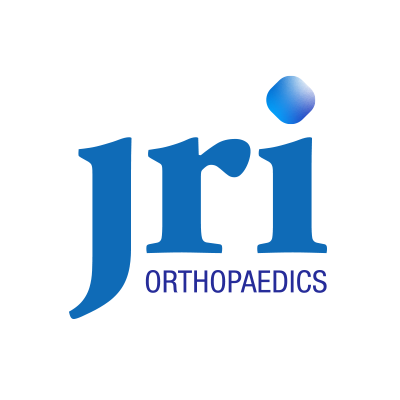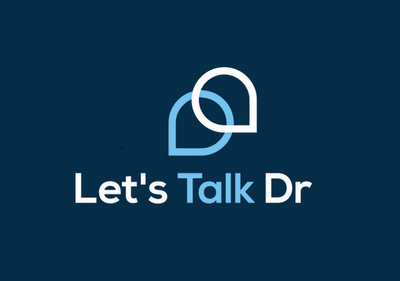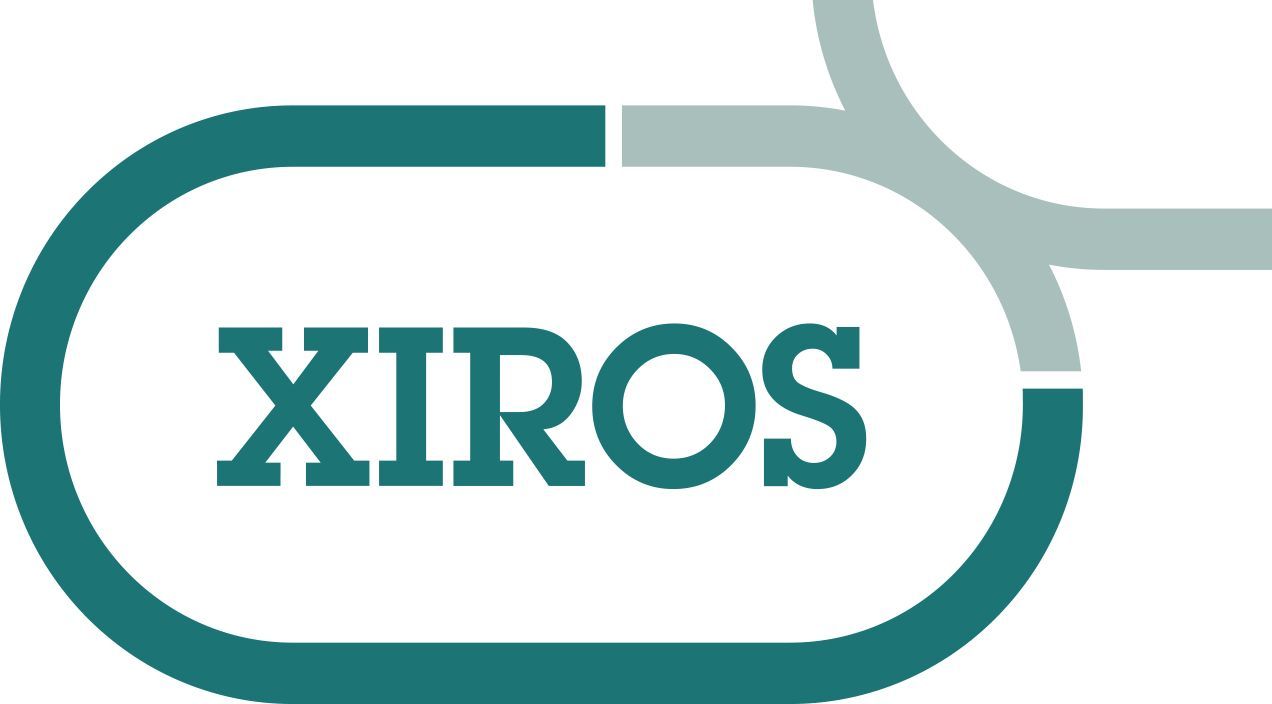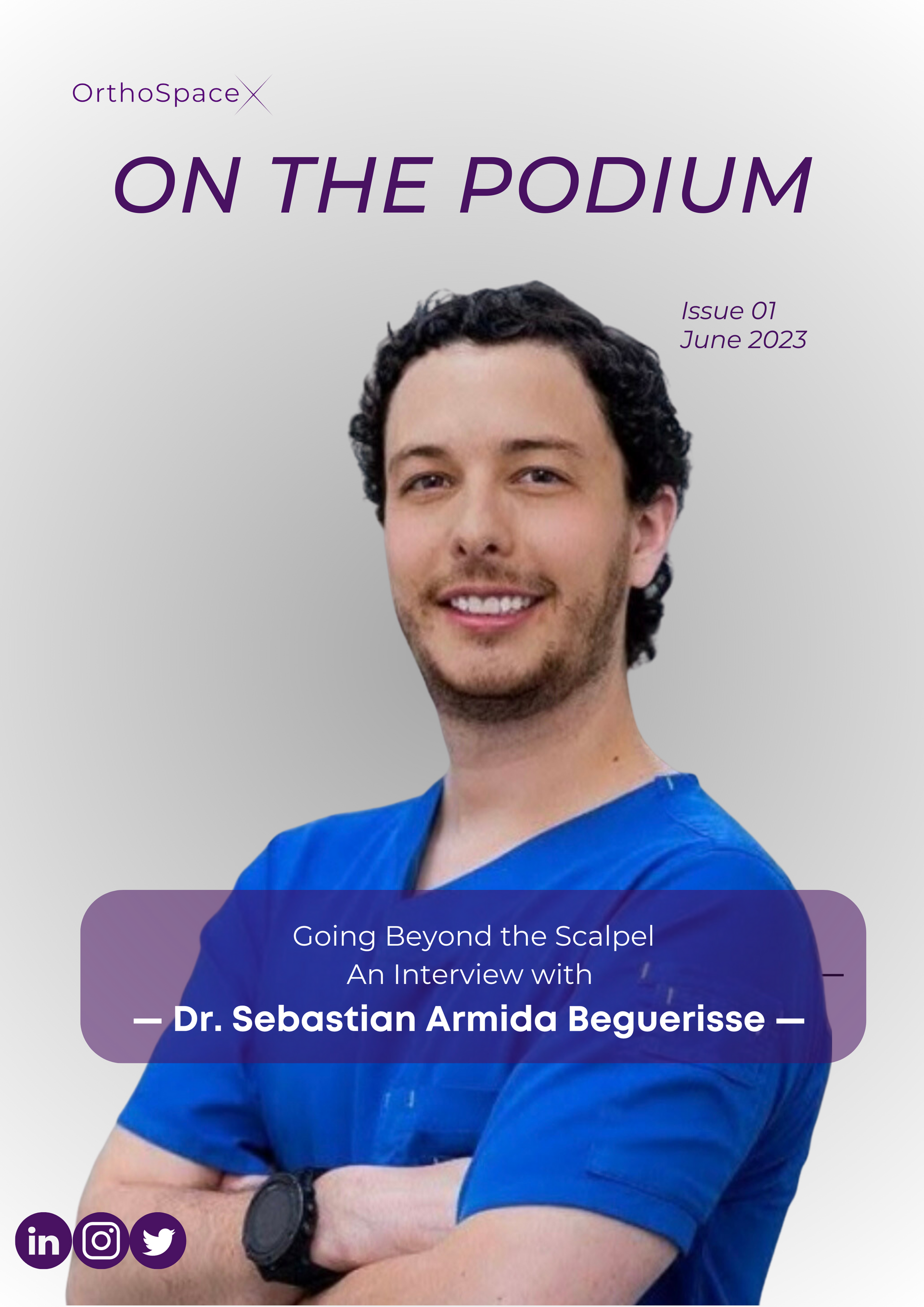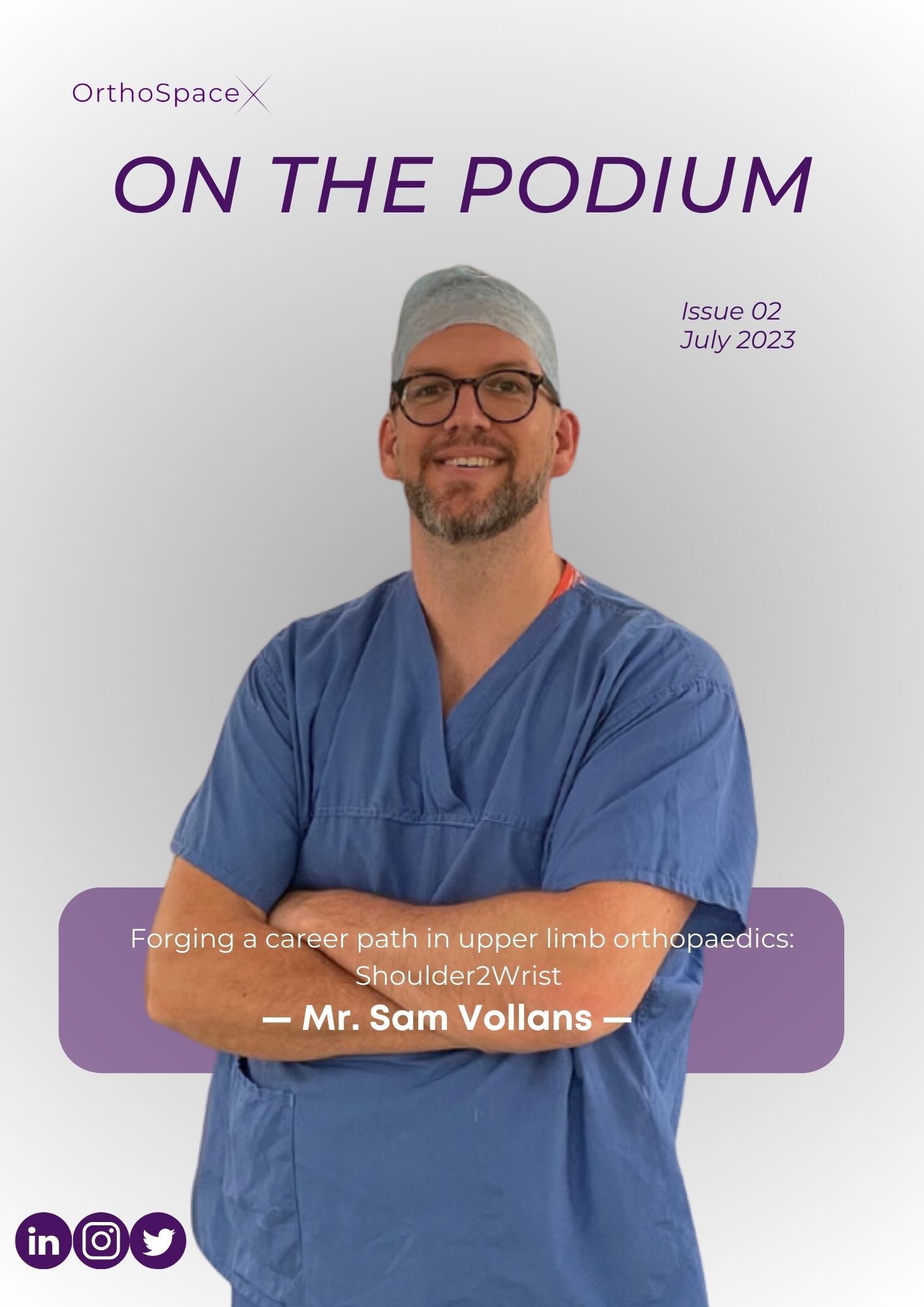The Road to Consultancy: A fellowship Journey
An interview with:
— Mr. Jimmy Ng —
Issue 11, October 2024
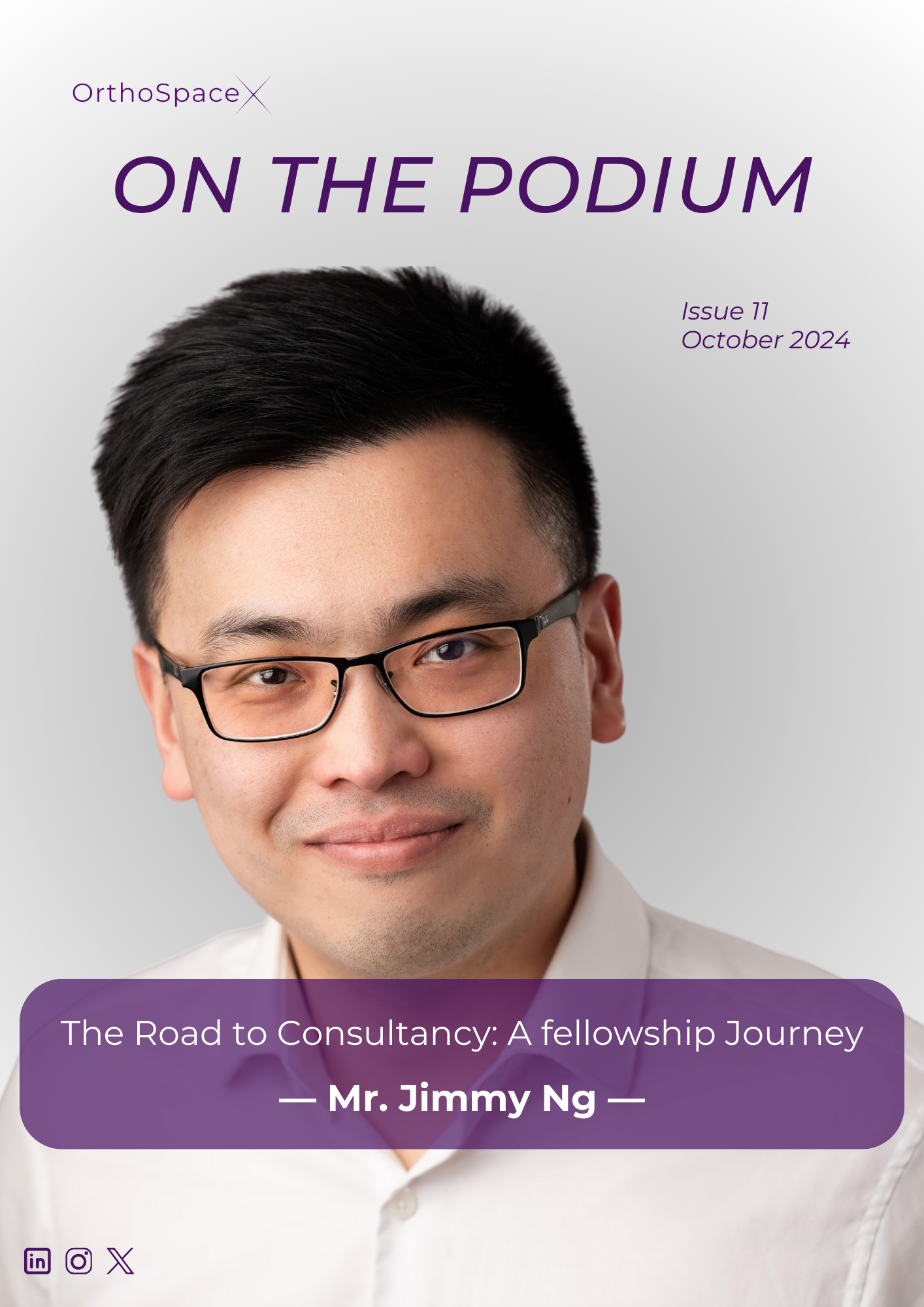
Where did your love and passion for orthopaedics begin?
I ruptured my ACL playing basketball when I was 18. It took a year to get a diagnosis and then have my ACL reconstructed. This was my first exposure to orthopaedics and specifically sports injuries. This passion and interest grew through my early training and later during various rotations. These early experiences helped shape my training and future career.
During your medical training, what experiences or mentors guided you toward focusing on knee surgery within orthopaedics?
During my orthopaedic training, I was attracted to knee surgery particularly soft tissue knee surgery due to the variety of procedures that can be performed and from my own personal experience of knee injury. I had exposure to soft tissue knee surgery early in my orthopaedic training and one of my early mentors was Mr Fazal Ali in Chesterfield. Fazal’s accolade as an educator is well recognised and I did my first ACL reconstruction with him as a junior registrar. He sparked my interest in knee surgery and supported me throughout my training to pursue a career in soft tissue knee surgery. I did most of my orthopaedic training in Nottingham on the East Midlands North rotation. I have always wanted to return to Nottingham and work here. My aspiration was to become a comprehensive soft tissue knee surgeon capable of addressing all soft tissue knee problems including multiligament injuries, knee preservation surgeries and patellofemoral surgeries. I also recognised that there is a need to develop and improve this service in Nottingham given that the young population we treat and the volume of high energy trauma that presents to our major trauma centre at QMC. Therefore, I planned my training and education to ensure I gained all the knowledge, experience and skills required to provide and develop this service through fellowships, courses, conferences and visiting fellowships.
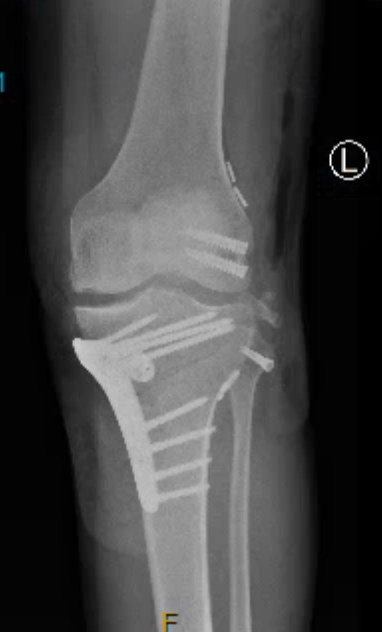
Revision ACL, HTO, PLC reconstruction
You completed four 6-month fellowships. Can you describe how each of these fellowships contributed to your growth as a surgeon?
I am extremely fortunate to have undertaken these fellowships and learnt from some of the best surgeons and individuals. I have chosen to do these fellowships to gain specific skills in preparation for my consultant job. My first fellowship was in sports knee surgery at Derby with Mr Guido Geutjens and Mr Nav Bhangoo. Derby is a high volume partial knee replacement centre with a prestigious sports knee fellowship. I had just finished orthopaedic training, and this fellowship was vital for me to further develop my arthroscopic skills and gain significant operative experience in partial knee replacements. I subsequently did a trauma fellowship at John Radcliffe Hospital in Oxford. It was a busy fellowship with lots of operative experience. I worked with all the orthopaedic trauma consultants and learnt various surgical techniques and approaches in complex peri-articular fractures. The most valuable lesson I learnt was the importance of preparation and surgical planning. This becomes second nature when a surgeon becomes experienced in the routine procedures. However, surgical planning is vital, particularly for the complex or less routine cases as well as for the less experienced surgeon when learning to perform a procedure. I continue to emphasise the importance of this to my trainees and fellows. My 3rd fellowship was in Coventry with Mr Tim Spalding and Mr Pete Thompson. The unit performs the highest number of meniscal transplants in the UK and receives referrals from all over the country. In addition to further advancing my operative skills, I became proficient in assessing and managing complex soft tissue knee conditions with the aim of preserving their joints in young patients. This has prepared me well for a consultant job and I was fortunate enough to secure a consultant post in Nottingham at this time. Despite this, I was determined to go to Perth for my sports surgery fellowship with Mr Pete D’Alessandro. I wanted to further elevate my skills in knee preservation and sports knee surgery prior to starting my consultant post. This fellowship far exceeded my expectation in terms of surgical volume, complexity and support I received. I did more ACL, multiligament knee reconstructions and osteotomies than all my previous training combined. I had the opportunity to run my own clinic and theatre regularly with support from my mentors which helped my transition to a consultant significantly. The most valuable thing I have gained from all my fellowships is the relationship and network I have built with my fellowship mentors and all the different people I have worked with.
How did your fellowship experiences vary between institutions or countries, and what unique perspectives did you gain?
All my fellowship experiences were good and provided specific experiences that I needed. The fellowships also offered me unique insights into different philosophies, assessments, management and operative techniques for a given condition or problem. There is often more than one way of doing things and its extremely valuable to be able to see and learn the different methods. As I started my consultant practice, I was able to modify and apply some of those methods into my practice. In addition to that, having the experience of different methods has given me more skillsets in my toolbox allowing me to adapt to different problems and challenges. There are also structural, administrative and managerial differences between all the institutions I’ve worked in, including a completely different healthcare system in Australia. There are unique challenges in individual institutions and healthcare systems that require bespoke solutions.
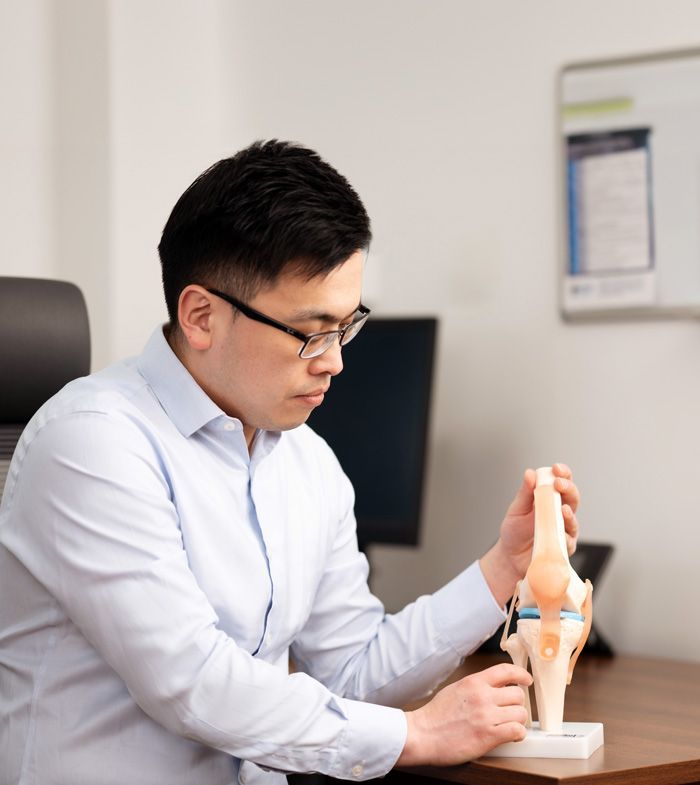
What made you choose Australia as a destination for your final fellowship?
I chose to go to Australia, mainly because of the skills and experience I could gain from the fellowship. I was blessed that the fellowship is based in Perth, which has some of the most beautiful beaches in the world with lots to offer for a family with young children. I had also lived in Perth for 2 years when I was a teenager and still have some friends and family there, including my younger brother. Both my parents and in-laws live in Malaysia, which is a short flight away. The experience of living in a different country, traveling around Australia and re-connecting with family members who otherwise live far away from the UK has made this an unforgettable experience for us.
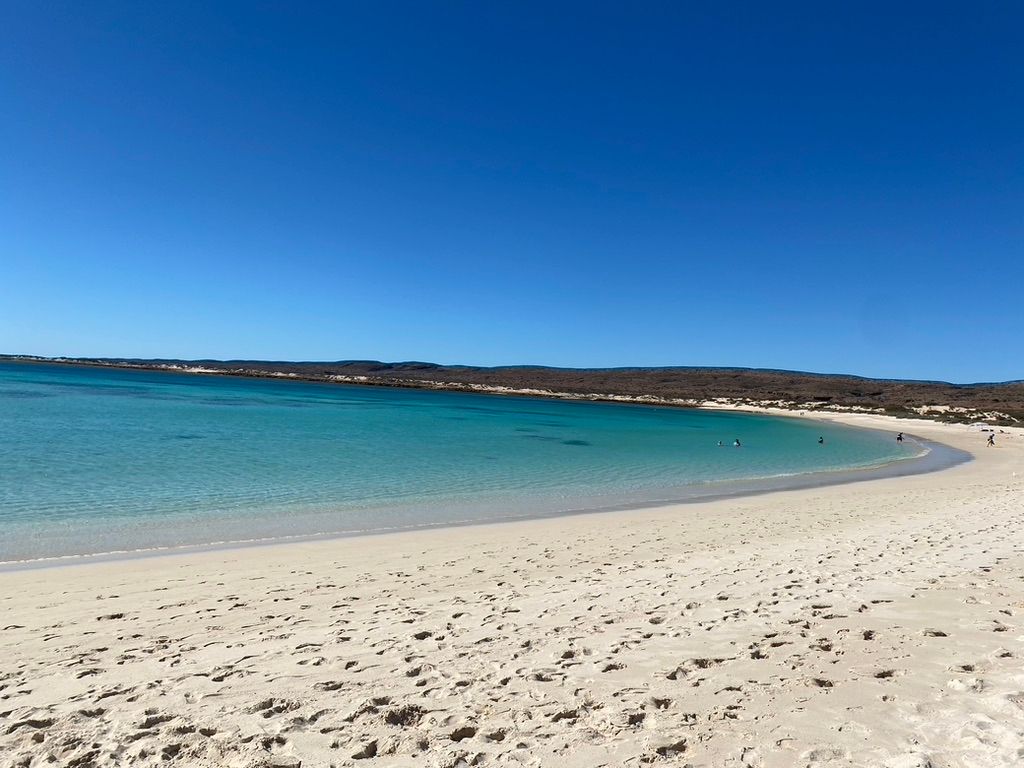
Turquoise Bay
How did you manage to balance your family life with the demands of your 4 fellowships including 6 months in Australia?
I’m very lucky to have an extremely supportive wife who is a neonatal trainee herself. She’s taken time off for maternity leave and has gone part time since we’ve had children. She’s also taken time off training when we were on my fellowship in Australia. It would not be possible without her support and sacrifice in putting her career on hold during my fellowships. I’m so proud that despite taking time away from her career multiple times, she’s now started her subspecialist neonatal training and due to start her PhD in due course. Having young children with both parents working as doctors is extremely tough. It takes a lot of organisation, planning, swapping on calls and arranging childcare. I do my best to not take additional work back home and try not to take on additional workload on weekends.
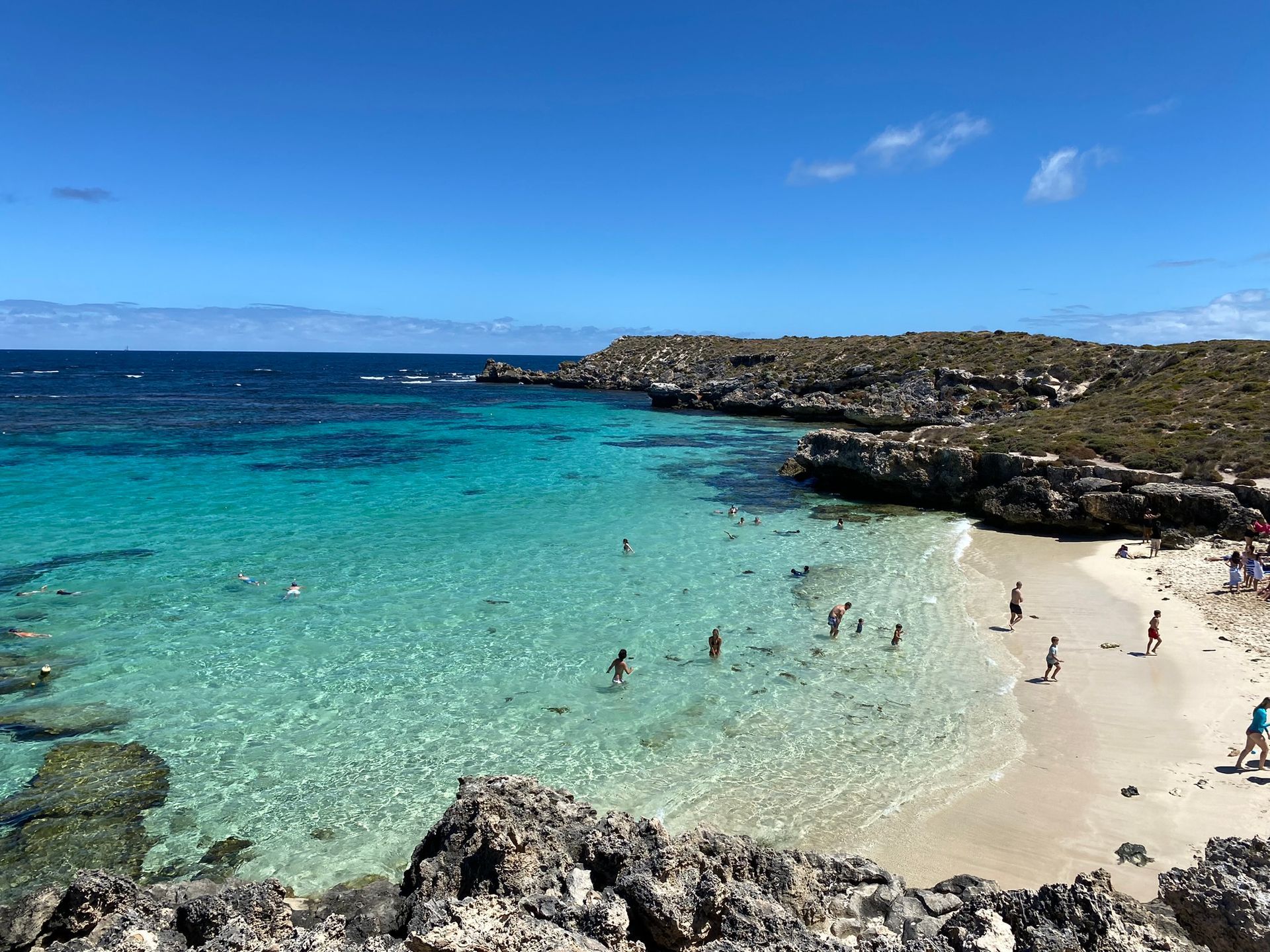
Rottnest Island
What advice would you give to others who are applying for fellowships, especially those considering international opportunities?
Fellowships are extremely important for surgeons to develop their skills prior to starting their consultant practice. I highly recommend doing an international fellowship as the professional and personal experience I have gained from my fellowship in Perth was invaluable. However, I recognise that this may not be possible due to various reasons. There are lots of good fellowships in the UK and aboard, each offering different training and experiences. I recommend speaking to consultants and other fellows about their fellowships and find one that is best suited for your training needs and personal circumstances. Get in contact with the fellowship programme early. Lots of good fellowships are booked up 2 years in advance. I’d also recommend organising a visit to the unit and meet the team. This shows commitment and allows the unit opportunity to know a little more about you. You can also find out about the unit and whether the fellowship is the right choice for you. It’s much better to know that the fellowship is not suitable for you on the visit rather than after you’ve started. Plan early but be prepared to change your plan! Planning for fellowships should begin as early as possible, often during early years of registrar training. Good fellowships are competitive, and I encourage early planning and portfolio development to put yourself in a strong position to succeed. Despite careful planning, sometimes plans need to change, just like doing an operation. Be prepared to change your plan whatever life throws at you. Finally, if you’re considering an international fellowship and have the opportunity to do one, I recommend you take it! Although going for an international fellowship seems daunting - the endless paperwork, medical registration and moving to a different country, they are all achievable. There’s also a support group on Facebook called ‘Fellowship Life Transplant Services’ where you can get really useful advice, find accommodation and meet other fellows.
As you began your role as a consultant in Nottingham, how did your training experiences help you handle the transition to consultant life?
My fellowships have thoroughly prepared me with the skills and knowledge required for my consultant job. Getting the experience in independent decision making and operating was really helpful in aiding my transition to being a consultant. Having worked in different hospitals and systems on 4 fellowships helped me to adapt to working differently. Although I have trained in Nottingham, coming back to work here as a consultant was a different experience. I’m very grateful to have an excellent team here in Nottingham who had to learn my methods very quickly. I’ve also had to make some changes to the way I do things to fit the system. The combined experience from 4 different fellowships definitely helped this aspect of my transition.
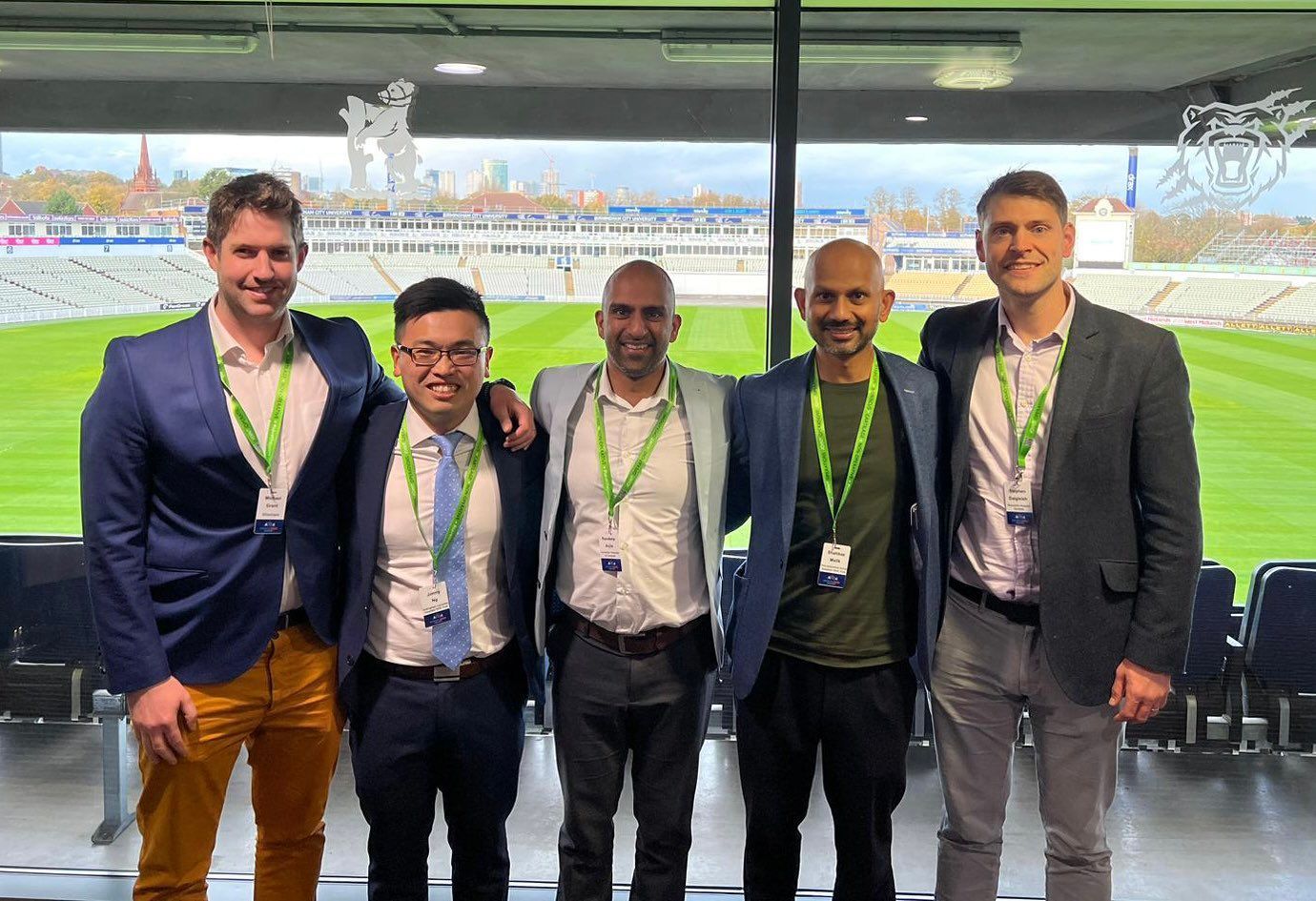
What are your future goals as an orthopaedic consultant?
My goal is to become an expert in complex soft tissue and knee preservation surgery and continue to develop this throughout my career. I also aim to develop our soft tissue knee unit into a reputable centre, providing the best evidence-based treatment. I’ve started a soft tissue knee fellowship in Nottingham, replicating the excellent experiences I’ve gained from my fellowships to ensure our fellows get the same excellent training I’ve received. As a unit, we are committed to research and my colleague, Tom Kurien runs several trials related to arthritis. We are expanding our research portfolio and have ongoing research / projects in soft tissue knee surgery focusing on multiligament knee, paediatric knee, acl and meniscal injuries. I believe that collaboration and working with others a key part in improving ourselves as surgeon. I have founded with East Midlands Knee Preservation Society with colleagues around the region to collaborate on ideas and run an annual meeting to network and exchange knowledge.
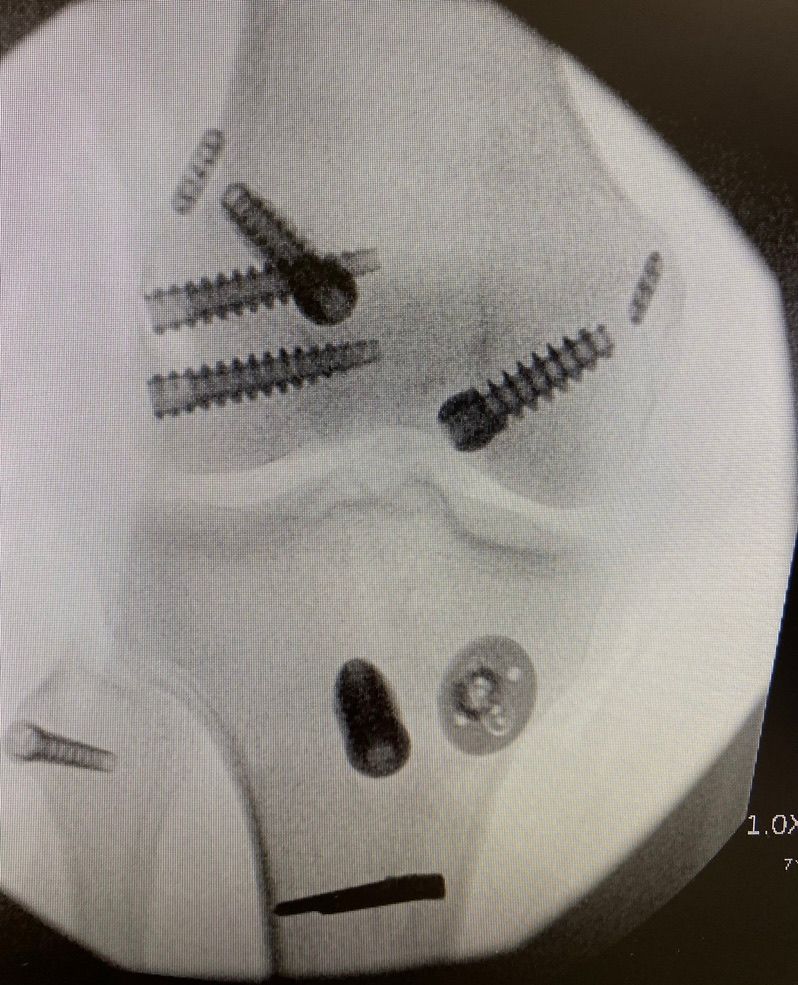
Multiligament reconstruction
Looking ahead, how do you think the field of orthopaedic surgery will evolve, and what role do you hope to play in advancing the speciality?
I believe that data and technology will drive the development of orthopaedic surgery in the future. We need data to support everything we do, to provide the best possible treatment in the most cost-effective way. We need data from large scale randomised controlled trials and real-world clinical data such as a registry. I’ve been looking forward to the launch of National Ligament Registry (NLR) in the UK which will hopefully be soon. As a unit, we are committed to research and contributing to a national registry. We are signed up to be one of the pilot sites for NLR. Data can also be used to develop pathway and streamline processes to make them more efficient and cost-effective. I also believe that we need to collect our own data so that we know our own results and make changes to our practice to achieve better outcome for our patients. We need to have better ways of collecting this data. It needs to be simple, automated, labour effective and cost effective. I think this hasn’t been recognised by most institutions and this needs to be one of the priorities in future investment. The advancement in technology has been fascinating. The use of robotics and artificial intelligence in orthopaedic surgery has gained popularity in recent years. However, more research is required to determine their clinical benefits. Our research team has a plan to undertake research on utilising AI in orthopaedic surgery and our arthroplasty unit will soon have access to a robot. We need to share our findings with the orthopaedic community with the aim of advancing our specialty.
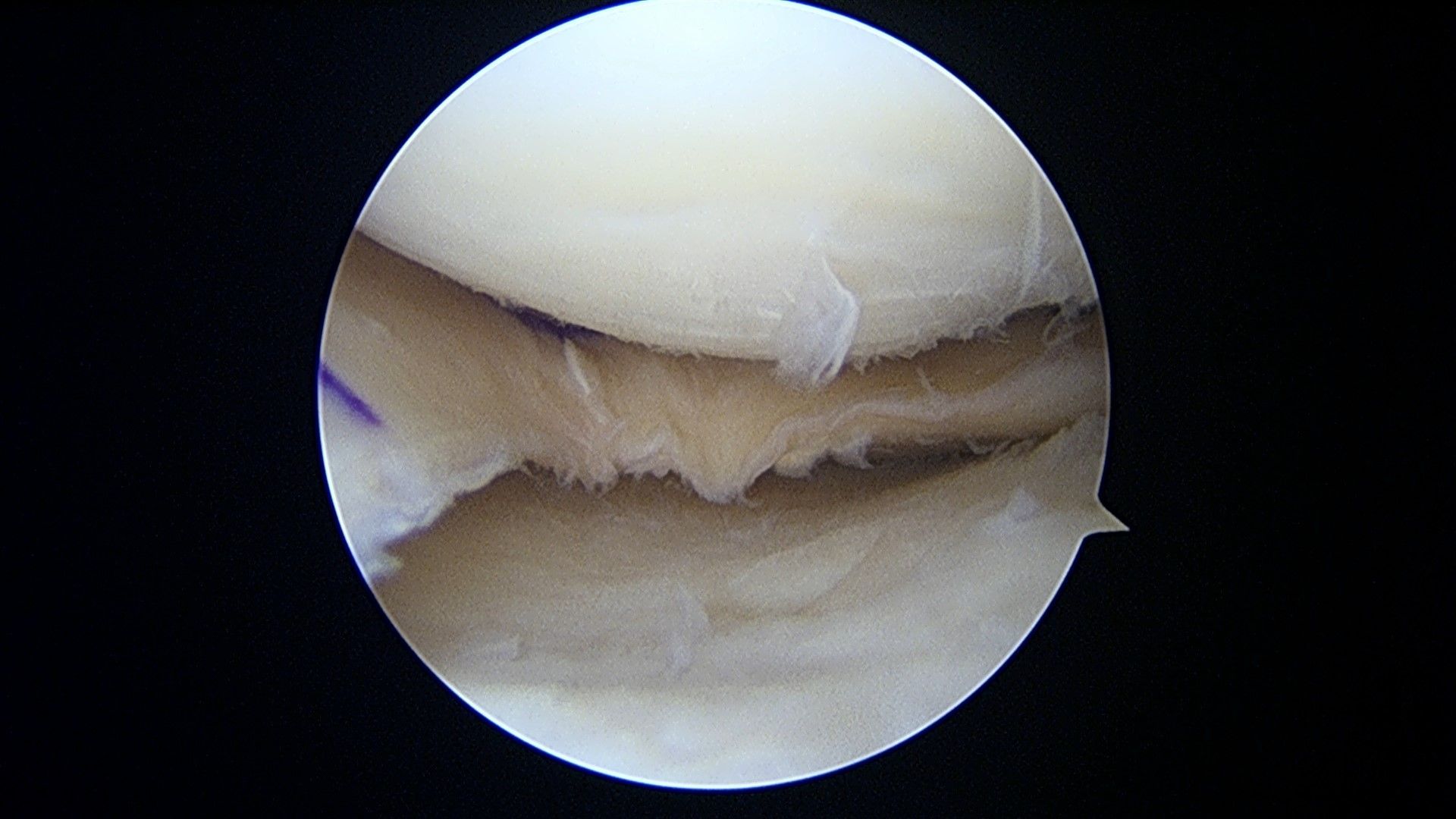
Meniscal transplant
Mr. Jimmy NG
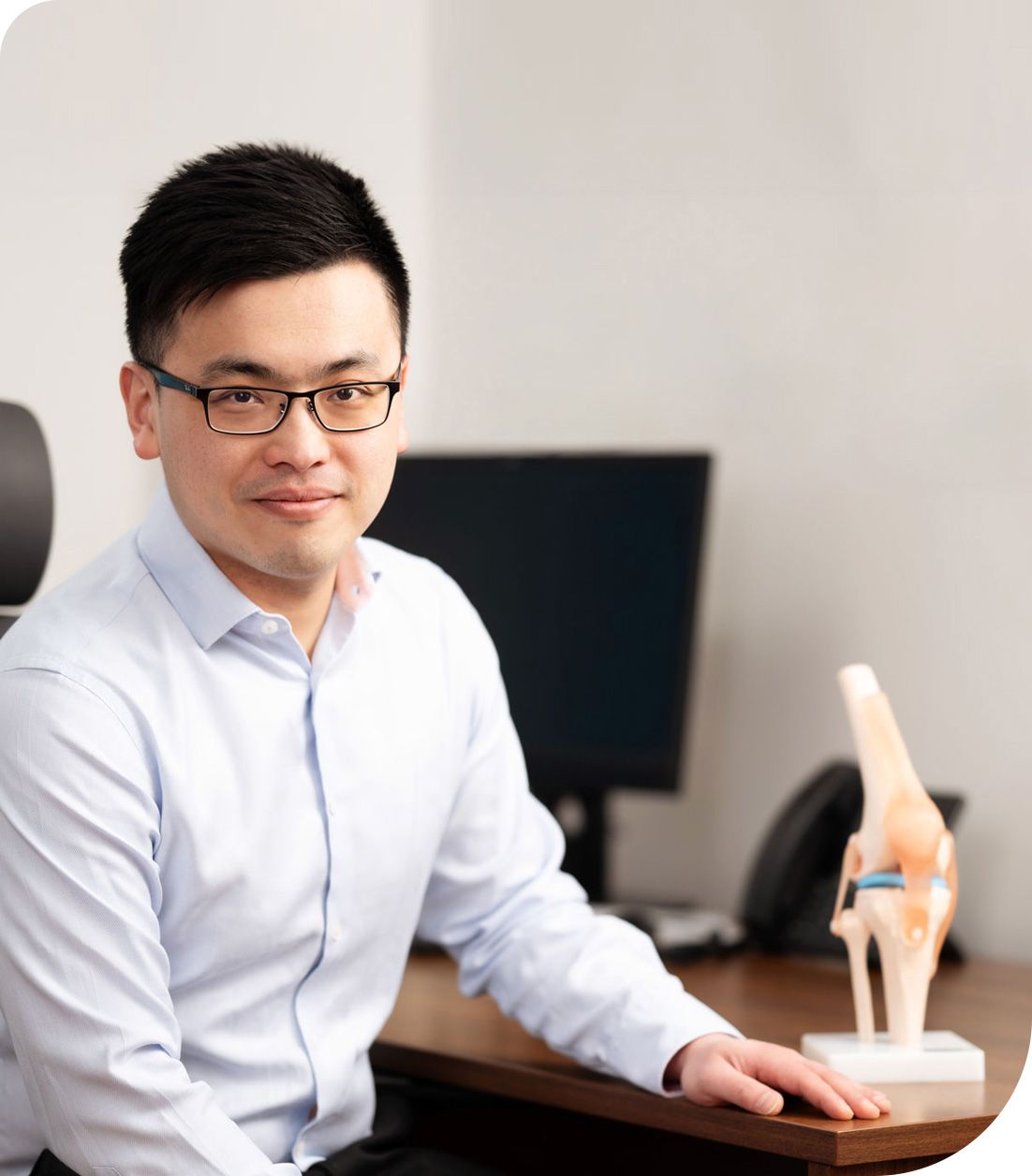
Mr Jimmy Ng is a Consultant Trauma and Soft Tissue Knee Surgeon based in Nottingham University Hospitals NHS Trust. Jimmy completed medical school in Nottingham and undertook his orthopaedic training in the East Midlands region. His interest in sports and having ACL reconstruction himself at the age of 18 has sparked his interest in sport injuries around the knee. This led him to pursue a career in this subspecialty. Jimmy undertook prestigious fellowships in the UK (Derby, Oxford and Coventry) and in Australia (Perth) where he gained significant experience in managing sports injuries around the knee and performing complex reconstruction surgery to allow people to return to sports/activity. He believes in joint preserving surgery whenever possible to avoid or delay the progression of osteoarthritis. He has also visited multiple leading surgeons in the field of knee surgery (Dr Freddie Fu, Dr Volker Musahl, Dr Kevin Stone and Dr Rob LaPrade) to further his skills and learn new techniques. Jimmy now has a busy soft tissue knee practice in Nottingham, offering simple arthroscopic procedures to complex ligament (often multiple ligaments) reconstructions and re-alignment (osteotomy) surgery. He offers an individualised approach in ACL reconstruction surgery, tailoring his graft selection to individual patients needs. He also performs partial and total knee replacement surgery when joint preservation is no longer possible. Jimmy has set up a fellowship programme in Nottingham, which has attracted senior trainees from the UK and around the world to come and train with him. He is also an educational lead for the orthopaedic training programme in the East Midlands and is actively involved in surgical training and teaching. He has founded and is currently the president of East Midlands Knee Preservation Society, with the aim to collaborate with colleagues around the region and to improve the overall of quality of knee surgery in the region. Despite being a busy clinician, he continues to be active in research and attends conferences regularly to stay up to date in order to provide the best treatment for his patients.
Read more about Mr. NG's practice here
We would like to thank Mr. NG for his time and insight into orthopaedic excellence.
Thank you to our sponsors:
To download this issue of On The Podium, click below.

Sign up to On The Podium. The latest insights and inspiration from orthopaedic specialists around the globe sent straight to your inbox.
On The Podium
The newsletter brought to you by OrthoSpaceX
| Engage with Orthopaedic Leaders | Exclusive orthopaedic insight | |
| Stay Ahead in Orthopaedic Advancements | Uncover Surgical Innovations | |
| Empower Your Orthopaedic Knowledge | Unlock the Minds of Orthopaedic Specialists |

